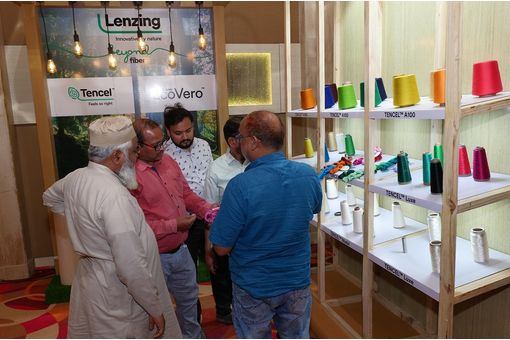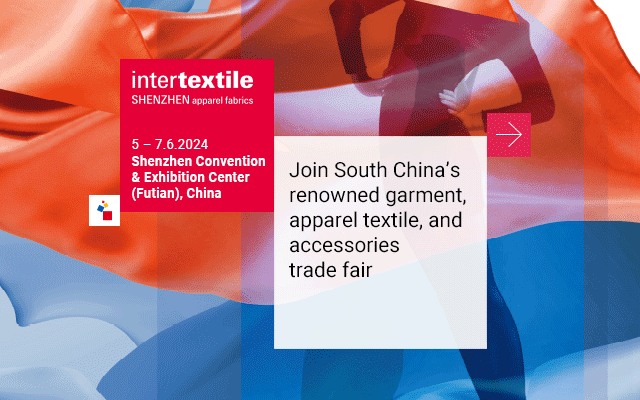Australian consumers willing to pay more for ethically made clothing

Insights
- About 76 per cent of Australian clothes buyers are willing to pay more for ethically made clothing, with 17 per cent of a clothing item's cost believed to be a fair wage for garment workers, according to a recent Oxfam poll.
- Over 80 per cent of Aussie clothes buyers agree that clothing brands should increase transparency about their payment practices.
The poll also reveals that Australian consumers believe 17 per cent of a clothing item's cost should be allocated to the garment worker's wage. This is a stark contrast to previous research, which found that only 4 per cent of the cost actually goes towards the worker's pay. This disparity indicates a gap between consumer expectations and industry practices.
Over 80 per cent of Aussie clothes buyers agree that clothing brands should increase transparency about their payment practices and treatment of garment workers in their supply chains, as per the poll.
Moreover, 71 per cent of respondents suspect that Australian clothing brands exaggerate or mislead consumers about the treatment of overseas garment workers in their supply chains, whether intentionally or unintentionally. This scepticism underscores the need for greater honesty and accountability in the fashion industry.
“This polling is evidence of what we have long known, that ethical considerations are increasingly a significant factor in consumers’ purchasing decisions. That’s why taking action now is not only in the interest of workers, but in the interest of these companies’ bottom lines,” said Oxfam Australia chief executive Lyn Morgain.
In response to these findings, Oxfam has released a ‘Christmas Wish List’, identifying brands that lag in their commitment to paying living wages. The list focuses on three key markers of commitment towards fair wages. Oxfam is advocating for enhanced transparency from brands, emphasising that sharing information on manufacturing locations empowers consumers, workers, and unions to hold companies accountable.
Oxfam also recommends that brands should include wages as an itemized part of price negotiations. This approach is seen as the most effective way to address aggressive pricing strategies and is a crucial step towards ensuring the payment of a living wage. The organization's push for these changes reflects a growing global movement towards ethical and sustainable fashion practices.
Fibre2Fashion News Desk (DP)
































-Ltd..jpg?tr=w-120,h-60,c-at_max,cm-pad_resize,bg-ffffff)





.jpg?tr=w-120,h-60,c-at_max,cm-pad_resize,bg-ffffff)
.jpg?tr=w-120,h-60,c-at_max,cm-pad_resize,bg-ffffff)






